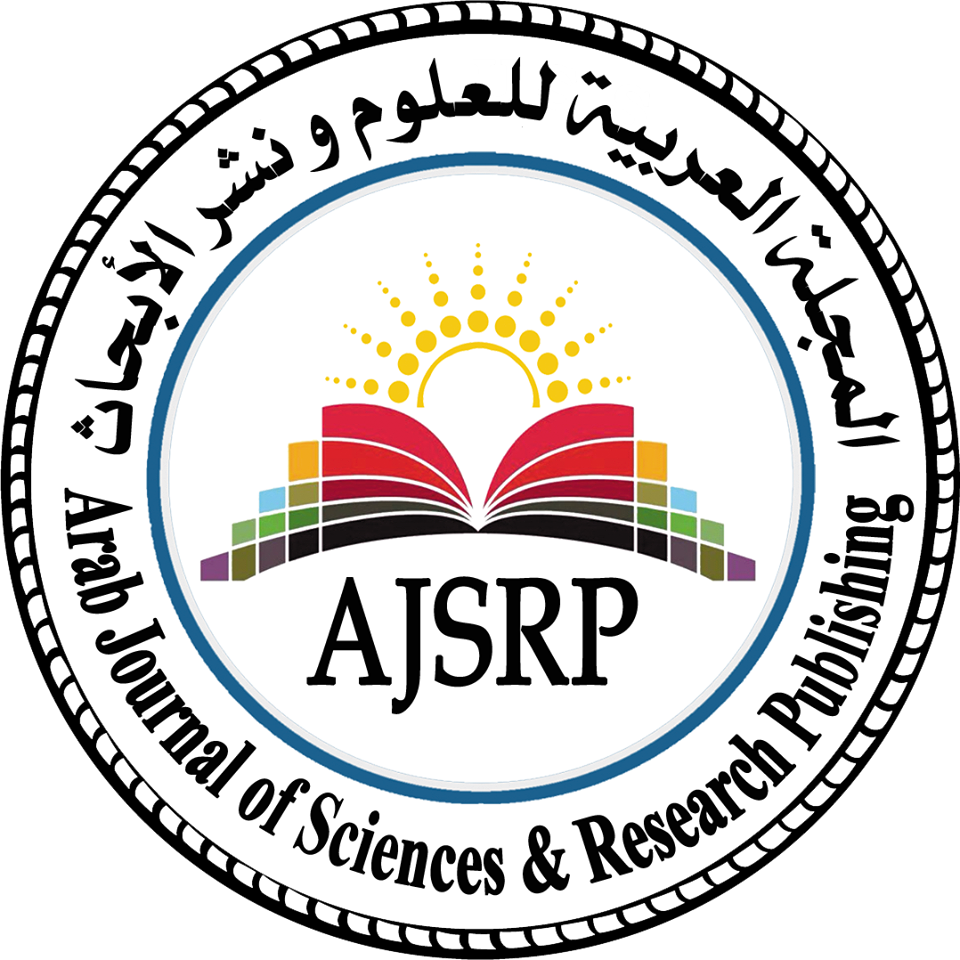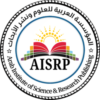الاستشراق
The impact of Jewish Orientalism on the modern linguistic study
Mr. Farid Khalil Nassar*, Dr. Muhammad Ali Rabaa
Faculty of Arts | Al-Najah National University | Nablus | Palestine
Abstract: This study examines the impact of Jewish Orientalism and the danger it poses on modern linguistic studies, particularly since it has been predominantly built on political, religious, or other foundations that often diverge from scientific or objective principles to a considerable extent.
The significance of this study lies in the call for a reevaluation of the Orientalist product that has inundated linguistic studies. It advocates for a balanced and critical reading, free from influence and admiration, and detached from narrow-mindedness and condemnation. The aim is to capture what aligns with the Arab cultural identity and to identify mechanisms suitable for enriching knowledge. Moreover, the study seeks to uncover the patterns of Arab heritage and its aesthetics, taking serious and clear critical stances against Orientalist methodologies based on intellectual foundations. Notably, some Arab critics in the cultural sphere continue to reproduce and apply these methodologies, using their terminologies.
This study adopts an analytical and inductive approach, tracing different perspectives on Jewish Orientalism and its utilization in serving Jewish purposes. The research confirms that the Jewish researcher prefers working within the Orientalist movement as a European Orientalist rather than a Jewish one. This choice is strategically advantageous in promoting Zionist causes by presenting them in a Western framework, ensuring acceptance among Arabs and Muslims by capitalizing on the Eastern inferiority complex toward the West.
Keywords: Orientalism, Jewish Orientalism, Linguistic Studies, Arab Modernists.
أثر الاستشراق اليهوديّ في الدرس اللغويّ الحديث
أ. فريد خليل نصّار*، د. محمّد علي ربّاع
كلية الآداب | جامعة النجاح الوطنية | نابلس | فلسطين
المستخّلص: تتناول هذه الدراسة أثر الاستشراق اليهوديّ وخطورته على الدرس اللغوي الحديث، خاصّة وأنّه قد بُني، في معظمه، على أسسس سياسيّة أو دينيّة أو غيرها تنأى به عن العلميّة أو الموضوعيّة إلى حدٍّ بعيد.
وتكمن أهمية هذه الدراسة في الدعوة إلى إعادة قراءة المنتج الاستشراقيّ الذي غزا الدراسات اللغويّة، قراءة متوازنة فاحصة، بعيدة عن التأثّر والانبهار، وبعيدًا عن الانغلاق والاستهجان من أجل التقاط ما يتلاءم والهويّة العربيّة الثقافيّة، وما تصلح آلياته لإثراء المعرفة، والكشف عن أنساق التراث العربيّ وجماليّاته، واتخاذ مواقف نقديّة جادّة وواضحة من المناهج الاستشراقيّة، مرتكزة على أسس معرفيّة، خصوصًا أنّ تلك المناهج التي ظلّت تفد من أجهزة الآخر بأجهزتها المصطلحيّة، بقي بعض النقّاد العرب في الساحة الثقافيّة يعيدون إنتاجها، ويجعلونها مجالًا للتطبيق.
وقد اطمأنّت هذه الدراسة، من خلال المنهج الاستقرائيّ التحليليّ، إلى أنّ الباحث اليهوديّ قد آثر العمل داخل الحركة الاستشراقيّة بوصفه استشراقًا أوروبيًّا، وليس بوصفه استشراقًا يهوديًّا؛ الأمر الذي استفاد منه كثيرًا في خدمة القضايا الصهيونيّة مع تقديمها في قالب غربيّ، لضمان قبولها في أوساط العرب والمسلمين، مستغلّا في ذلك عقدة النقص الشرقيّة تجاه الغرب.
الكلمات المفتاحيّة: الاستشراق، الاستشراق اليهودي، الدرس اللغوي، المحدثون العرب.

